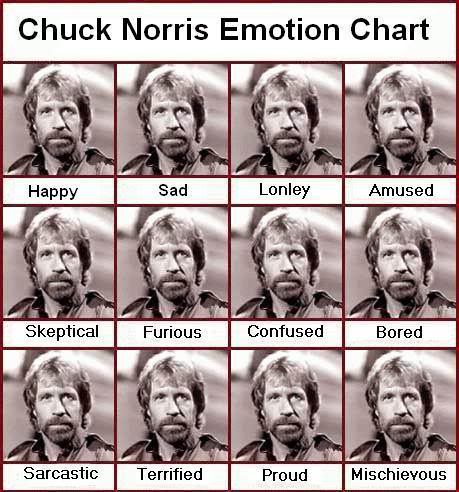The thing is though, that 'stress' is a very bendable concept. Some researchers say 'stress' when they mean a virus, being exposed to a toxic agent, or some physical trauma like a bad car accident. But the word stress is also a wastebasket word used for 'any life event negative or positive that some weaklings just can't handle'. I think that is the concept of 'stress' that we get annoyed at, because that is where the blame game begins.
If connotation is the problem, we should come up with a better term for "stress." How about "cursed by an evil sorcerer"?
But I might argue that the term's malleability is precisely what makes it useful -- sort of like the umbrella term "disease." If you're a believer in mind-body interconnectedness then delineating between the physiological and the psychological starts to become an awfully fuzzy pursuit. A virus can stress the immune system, but so can lack of rest, emotional instability, substance abuse, etc. Distaste of the word because some people might associate it with "weaklings" seems overly defensive if we are in pursuit of facts.
Some plants can actually turn hermaphrodite from relatively minor environmental stress! (Inconsistent light, insects, etc.)
A thought experiment based on
a fascinating interview Cort had recently with a researcher of energy production at the cellular level: If one's glycolytic pathway is overstimulated in ME due to stress (the researcher posits viral stress), causing insufficient mitochondrial energy production, over-accumulation of lactate, etc -- why would others exposed to the same stress trigger (say, a virus) not get ME? We can point to genetics, but part of genetics is one's personality. So what if we discovered that a lot of patients had been Type-A personalities who "helped" overstimulate their glycolyctic pathways to reach the breaking point, while non-Type-A personalities navigated similar genetic distortions more successfully because they were content to spend their younger lives closer to the TV and sofa? The point being, I don't think "blame" is a relevant concept here. Being an over-achiever is not the "cause" of the illness, but it may be a "trigger" for some.
I wouldn't blame someone's heart attack on stress (the cause is heart disease), but stress could certainly be the trigger that leads one to have a heart attack, while someone else who discovered pot brownies skates through.
We've even learned not to (overly) blame people with addiction, since we now know how addiction
physiologically alters the balance of neurotransmitters in the brain.
The New Yorker has a very interesting piece on Sweden's "apathetic" -- specifically, hundreds of refugee children (with similar genetics) who have spent years in near-coma conditions (mirroring our worst-case ME stories) brought on solely by the fear of deportation (obviously not all children in Sweden fearing deportation become ill). The country has been coping with the disease strictly as a psychological condition, but as they recognize that when children do become better it typically takes them a half year or so to return to semi-normalcy after their deportation fear was lifted. So only recently have a few researchers begun to consider that the disease might actually be physiological, even if
triggered by a very specific psychological stress shouldered by the predisposed.
It's funny, when I became full-on sick, the idea that stress might have been involved did not cross my mind. It was only later, while trying to put the pieces of the puzzle together, that I started wondering about stress-as-trigger. So I'm fairly agnostic about the concept. But as a believer in the complexity of mind-body interactions I find myself advocating for the possibility that stress
might play
some role in
some people. I think I understand the defensiveness against the idea, but I'm just not sure how productive it is.


